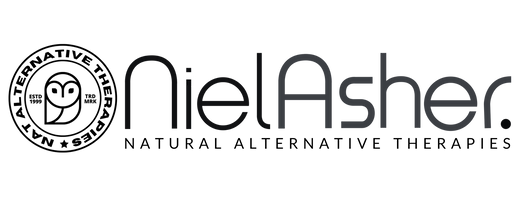Vestibular Rehabilitation Therapy (VRT)
Disclaimer and Warning Notice
The techniques demonstrated in this course may only ever be performed by a suitably qualified healthcare professional.
Taking this course does not grant you any form of license to practice manual therapy. Do not practice any form of manual therapy unless it falls within your professional scope of practice.
Depending on where you practice, you may be required by law to meet certain criteria for practicing manual therapy, even if you are a qualified medical or healthcare practitioner.
If you are not sure about the laws and regulations governing the practice of manual therapy in your area, you must make the necessary enquiries to ensure that you meet any and all requirements that may be in place.
If you are unsure, please contact your professional organization or licensing board.
How to Complete This Course
1. View the video tutorials in the video player above in the order they are listed (where applicable).
2. Study the course workbook in your own time, in tandem with the video classes, or as directed.
3. Review all of the course material (including additional course material) to ensure understanding. You will be examined on all course material.
4. Complete the course exam.
5. Apply for your certificate.
Learning Objectives
1. Understanding Vestibular Dysfunction
- Identify the primary anatomy and physiology of the vestibular system.
- Recognize common disorders affecting the vestibular system.
2. Assessment Techniques
- Develop skills in comprehensive patient history-taking specific to vestibular disorders.
- Understand and perform clinical tests to assess vestibular dysfunction.
- Interpret findings from assessments to inform treatment strategies.
3. Therapeutic Interventions and Management
- Gain knowledge in a variety of vestibular rehabilitation therapy (VRT) techniques.
- Implement individualized treatment plans for patients with vestibular disorders.
- Recognize when VRT may not be appropriate and when referral to other specialties is needed.
4. Special Populations in VRT
- Understand the nuances of treating different age groups, including pediatric and geriatric populations.
- Address vestibular issues unique to athletes, individuals post-concussion, and other specialized groups.
5. Evidence-Based Practice
- Stay updated with current research and best practices in VRT.
- Critically appraise the available literature and integrate findings into clinical practice.
6. Multidisciplinary Collaboration
- Understand the role of other healthcare professionals in the management of vestibular disorders.
- Establish effective communication strategies for interdisciplinary patient care.
7. Home and Self-Care Strategies
- Empower patients with tools and exercises to manage symptoms at home.
- Foster long-term adherence to rehabilitation protocols to ensure optimal patient outcomes.
8. Future Directions and Innovations in VRT
- Stay informed about emerging technologies, techniques, and research directions in vestibular rehabilitation.
- Understand how advancements may impact clinical practice in the coming years.
By the end of this course, participants will possess a robust understanding of vestibular rehabilitation therapy, from foundational knowledge of the vestibular system to the latest evidence-based interventions, ensuring effective and comprehensive patient care.
Additional Course Material
Help and Support
If you ever need help, you can always contact our awesome help team .
Just click on "Help" at the top or bottom of every page of our website.
Our help team work every day Mon-Fri. Please note that we do not work weekends or public holidays.
We will always respond within one working day.
Course Assessment
Click here to take the exam. Once you pass the exam you may request a certificate (see below).
Request a Certificate
When you have successfully completed the exam you may click on the button below to request your free certificate.
CE Finder
Use the table below - Scroll across to find your professional association

